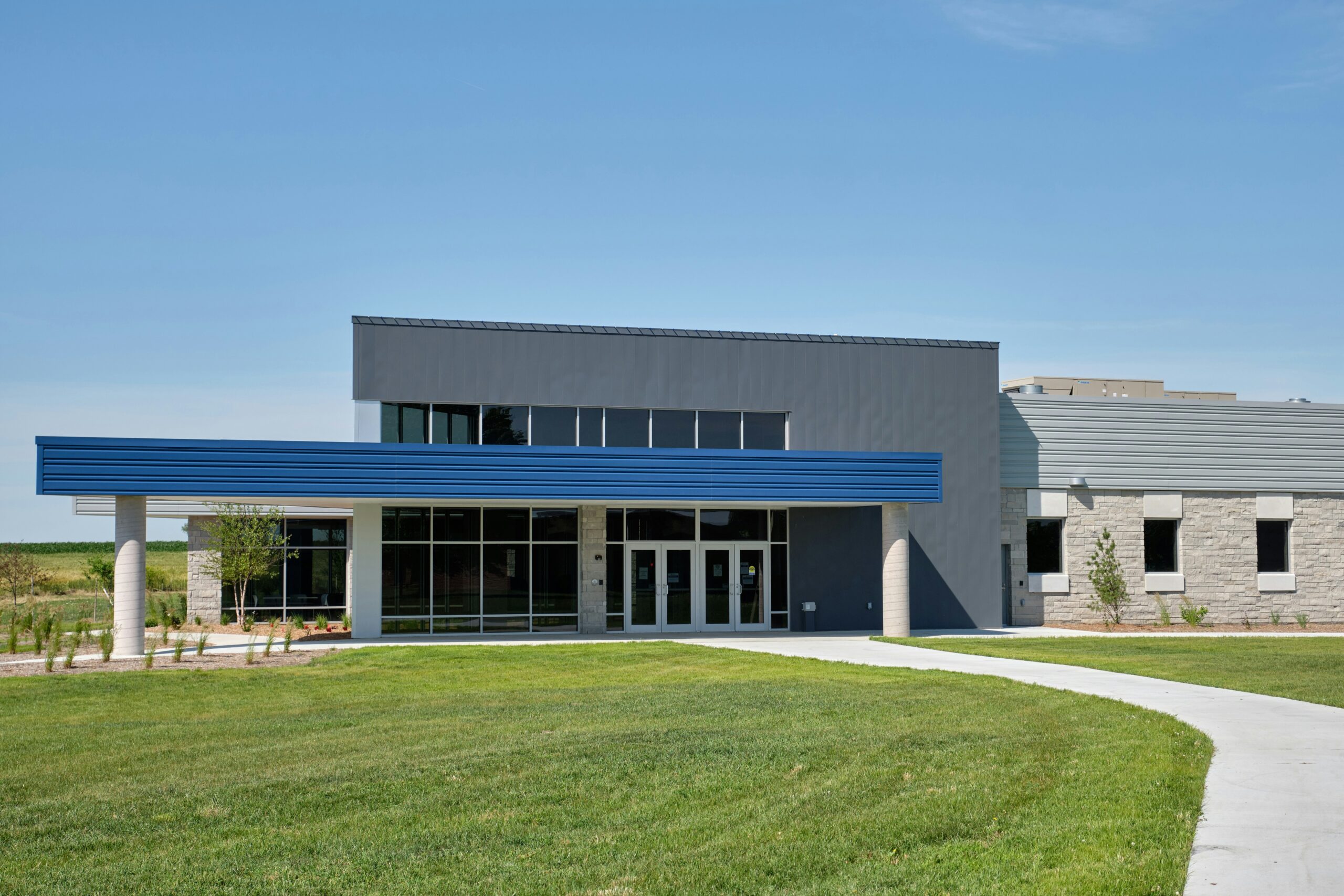Winter on Its Way
With the first snowfall in Northern Colorado, it’s clear that winter is on its way. Each changing season signals a new set of maintenance items for your commercial properties.
Maintenance in preparation for cold weather seasons is especially important. Neglecting these steps can lead to significant damage, as freezing temperatures wreak havoc on roofs, gutters, HVAC systems, and other components. Let’s take a look at what you should be aware of as you winterize your commercial real estate.
Winterizing Commercial Properties
These are the crucial items to pay attention to as you winterize your commercial properties:
- Roof: Snow and freezing temperatures are hard on roofing systems. Have your roof inspected by a roofing contractor to ensure it is ready for winter weather and moisture.
- Gutters: Have gutters cleaned to remove leaf and debris build-up and repair any damaged areas. Free water flow through gutters and downspouts prevents ice dams.
- Doors & Windows: Examine all doors and windows to ensure they seal properly and address any drafts that allow cool air in.
- HVAC: Hire a professional HVAC contractor to inspect the building’s heating systems, make necessary repairs, and replace filters. Also, ensure any cooling systems are winterized or stored.
- Plumbing: Drain or insulate any exposed plumbing to keep pipes from freezing.
- Exterior: Inspect the entire property exterior and seal any seams or cracks that allow moisture penetration.
- Landscaping: Prune shrubs and trees to ensure they are prepared to handle snow loads and are at an appropriate distance from any structures.
How Can We Help?
If you are getting ready to winterize your commercial property for the first time and feel overwhelmed, let us know how we can help! We have a network of great contractors we can refer to help you work through your maintenance checklist.
Please contact Steve Longenecker and Northern Colorado Commercial Real Estate at WeBrokerCORealEstate or 720-600-9513 for all your commercial real estate needs.
We give out $250 gift cards for referrals that become our real estate clients.
Like, Share & Follow us on LinkedIn and Facebook.
#longmontcommercialrealestate #commercialrealestatebroker #northerncocommercialrealestate



